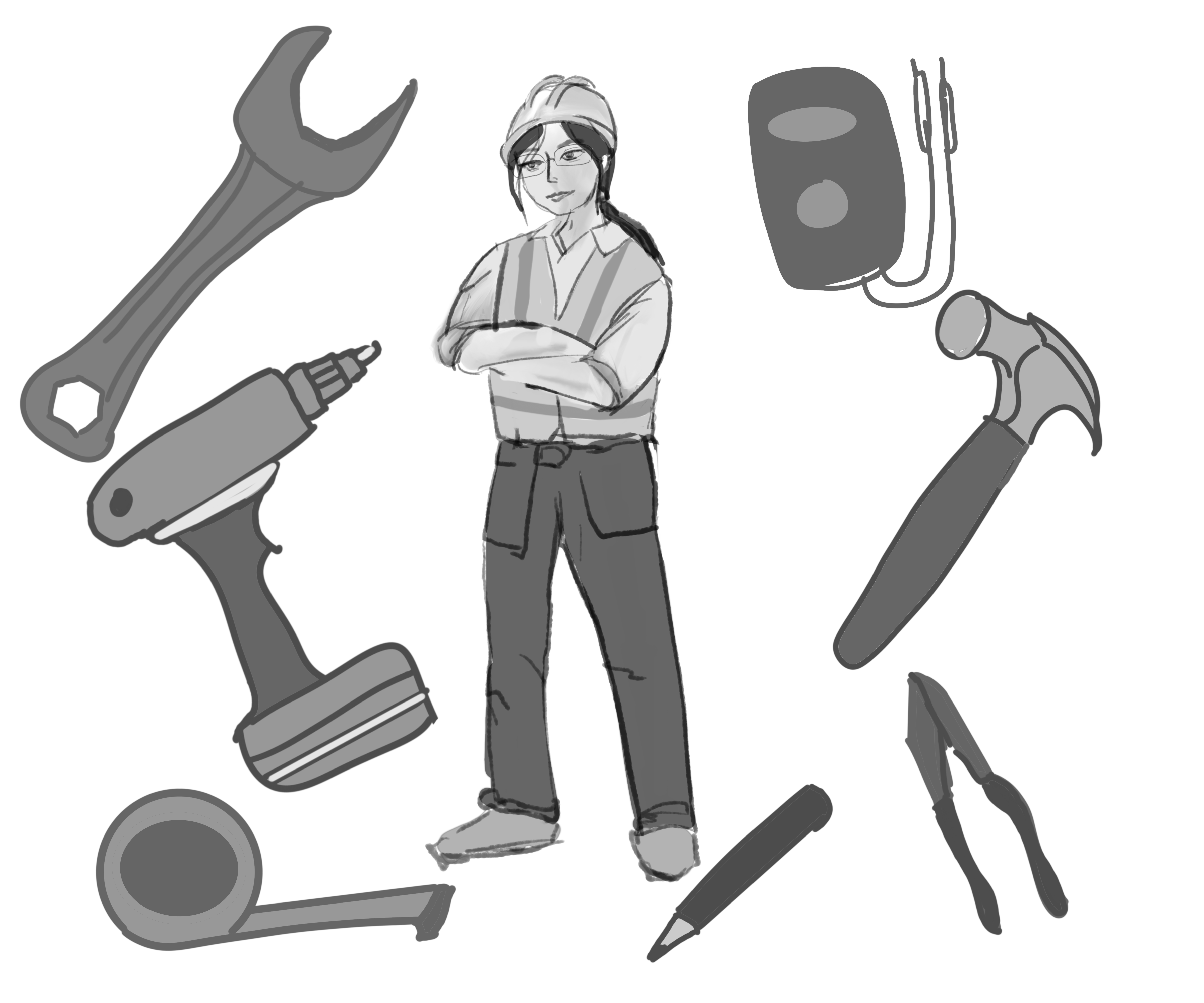Trades v. Higher education
September, 2023
Princeton is known across the world for one thing: its prestigious university. In town, it's not uncommon to see shops adorned with Princeton memorabilia or to overhear conversations about famed professors, impossibly difficult classes, and groundbreaking research. This academic air reverberates through our community and has found its way into our high school. PHS’s emphasis on pursuing academia undermines the importance of trade professions as a future career path.
A trade occupation is a career that involves extensive education to specialize in a specialized craft, but does not require a 4-year college education. Rather, education can begin early through trade schools, apprenticeships, and training on the job, which can begin directly out of high school, or even in high school for students in a dual enrollment program. At Princeton High School, students have the option to dual enroll at the Mercer County Technical Schools as early as in eleventh grade, providing them with a plethora of options for an early start in trade professions. MCTS offers courses in — among other things, culinary arts, health science, and STEM — and is open to any Princeton High School student who meets a certain academic threshold and is interested in pursuing these fields.
At a time where many parts of the workforce are constantly changing, trade jobs are always in demand. The problems that we are grappling with in the 21st century present broader applications for trade professions, from sustainable agriculture to information technology. With a decline in trade labor, the demand for more skilled tradespeople in these professions has existed for years, but became even more prominent with the passing of The Inflation Reduction Act in August 2022, which poured billions of dollars in funding into climate-friendly projects. Tradespeople are indispensable for installing and maintaining green infrastructure, and the lack of these professionals makes it near impossible to attain climate goals. As a society, we need to adapt to the changing economic and environmental landscape by engineering practical solutions to growing challenges. The increasing demand for solar panels to combat harmful energy use, for instance, requires a skilled workforce of tradespeople across industries.
Affordability is another major selling point for trade school. In a world where student loan debt affects millions of young people, the Center for Employment Training reports that, “Students who attend trade school graduate with an average of $10,000 of debt, while students who attend college collect an average student debt of $36,327.” That’s why, according to the Federal Reserve, the United States’ central banking system, tradespeople often have a higher starting disposable monthly income than college graduates, allowing them to spend far less of their income paying off debts, while college graduates pay an average of $400 in student loans each month.yy
One main reason people hesitate when deciding on whether to attend trade school is the societal stigma associated with trade professions. Many have preconceived notions about what kinds of people pursue such careers, often connecting tradespeople with those who are simply unsuccessful in school settings. In reality, those who pursue trade have a diverse array of unique skills that require focus and top-notch problem solving abilities. The hands-on experience rather than the traditional, theoretical, classroom-based learning can appeal to many who seek challenges that aren’t provided by a typical higher education setting.
While the importance and relevance of trades professions and trade school has not ceased, there is clearly a major stigma against this career path in modern society, and especially in academically driven schools such as PHS. The idea that tradespeople are less educated or less hardworking is completely false. Considering we live in an assumed meritocracy, wouldn’t it make sense that people who worked their way up the system by learning the trades and eventually creating a life for themselves would be more valued as they seem to reflect the meritocratic system better than the college admissions process. A sense of curiosity surrounding where each student is going after PHS is completely understandable, but assuming that pursuing higher education is the norm continues to downplay the importance of trades within our society.